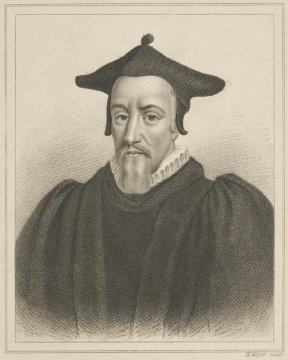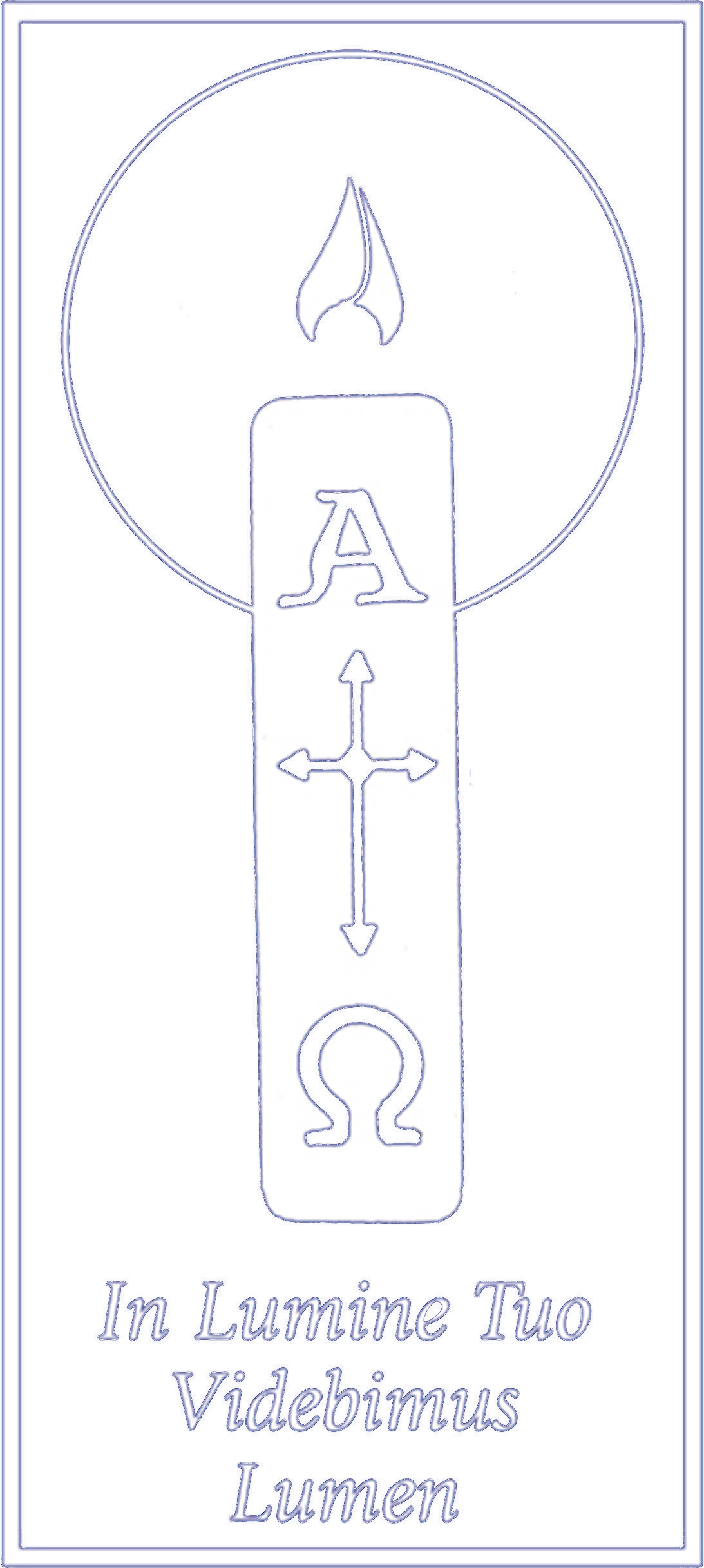Richard Hooker’s Sapiential Theology: Reformed Platonism?

An evening webinar lecture with Torrance Kirby (McGill University). Part of our summer webinar series on "Reason and Beauty in Renaissance Christian Thought and Culture," presented in collaboration with the American Cusanus Society
Richard Hooker (1554-1600) was a preeminent theologian and philosopher of the Elizabethan Church. His seminal book, Of the Laws of Ecclesiastical Polity (1593), set out a path for Anglican theology that was distinct from both Puritan and Roman Catholic thought. In Book I, Hooker identifies Law with Holy Wisdom and his treatment echoes the sapiential books of Scripture, viz. Proverbs, Job, and the Wisdom of Solomon. Hooker also appeals to a hierarchical disposition of the species of law in the medieval scholastic conception of the ‘lex divinitatis’, especially as formulated by Pseudo-Dionysius the Areopagite and later by Thomas Aquinas. For Hooker, the First Eternal Law concealed in the ‘Bosome of God’ is unutterable, while its external emanation, the Second Eternal Law, is a ‘Voyce’ whose utterance constitutes the beautiful ‘Harmony of the Worlde’. This distinction between two species of Eternal Law owes much to the ancient Neoplatonic metaphysics of Proclus. Both Hooker’s sapiential theology and his invocation of the law of the ‘great chain’ stand in creative tension with his professed adherence to doctrine expressed by the Elizabethan Articles of Religion (1571). In this webinar, Professor Torrance Kirby will examine the tension between Hooker’s sources and his theology and will ask whether Hooker is successful in reconciling his legal metaphysics with his Reformed soteriology.
2020 Summer Webinar Series on "Reason and Beauty in Renaissance Christian Thought and Culture"
What do reason and beauty have to do with each other? Since the modern Enlightenment and Romantic movements, it has been tempting to see reason and beauty as separate or even opposed. In the Renaissance, however, rational and artistic pursuits bloomed together and even fed each other. Renaissance culture, including fine art, poetry, architecture, astronomy, and humanistic thought, both drew upon and extended ancient and medieval Christian intellectual traditions. This webinar course will examine different aspects of renaissance Christian thought and culture to explore how pursuits of reason interwove with the love of beauty.
This event is cosponsored by the Beatrice Institute, Calvert House, the Genealogies of Modernity Project, the Harvard Catholic Center, the Nova Forum for Catholic Thought, and St. Paul's Catholic Center.





